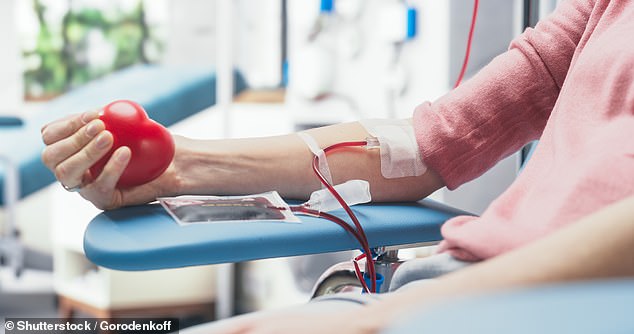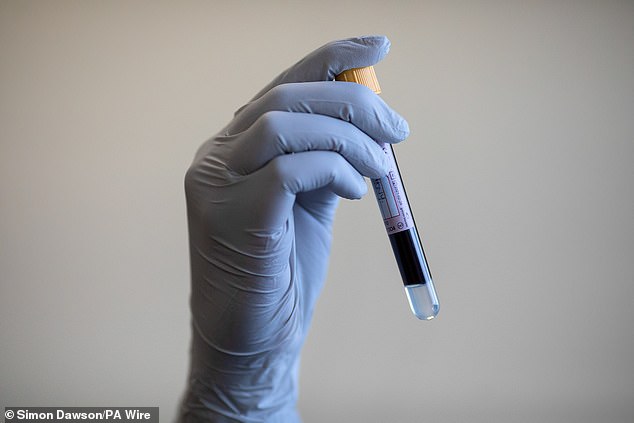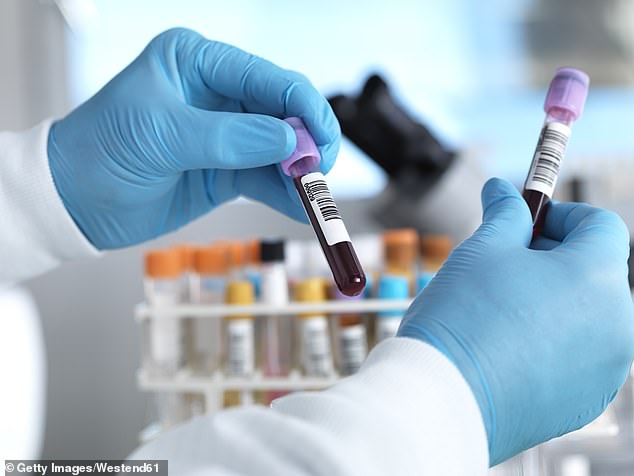A ‘revolutionary’ new blood test could be introduced that would detect signs of the 12 most common cancers before symptoms develop.
Health Secretary Wes Streeting, who is also a cancer survivor, is about to unveil the government-funded “universal” blood test to treat the disease within five years.
The treatment is a form of PCR testing used during the pandemic and could reportedly transform chances of survival and save thousands of lives a year.
This comes after doctors praised a blood test in June that predicts whether breast cancer will come back years before it shows up on scans.
Mr Streeting said The mirror: ‘Just a couple of drops of blood could tell you if you had lung, breast or bladder cancer, helping to end months of waiting for tests and scans. “These innovations could be game-changers.”
A ‘revolutionary’ new blood test could be introduced that would detect signs of the 12 most common cancers (file image)

Health Secretary Wes Streeting will unveil government-funded “universal” blood testing.
The new tests cost £120 and check for the 12 most common cancers: lung, breast, prostate, pancreas, colorectal, ovarian, liver, brain, oesophagus, bladder, bone and soft tissue sarcoma, and gastric.
The Government is said to be funding the £2.5m scheme through the National Institute for Health and Care Research.
Scientists have already created a new company, Xgenera, to help implement it, claiming it has “potential to save millions of lives.”
More than 320,000 people in England (or 900 a day) are diagnosed with cancer each year, with the most common types being prostate, breast, bowel and lung.
Cancer care effectively stopped for some patients in 2020, when the pandemic first hit UK shores, with appointments canceled and diagnostic scans delayed due to the government’s devotion to protecting the NHS.
Experts have estimated that 40,000 cancers went undiagnosed during the first year of the pandemic alone.

The Government is said to be funding the £2.5m scheme through the National Institute for Health and Care Research (file image)

The treatment is a form of PCR test used during the pandemic and could reportedly transform cancer survival chances (file image)
NHS cancer services also repeatedly fail to meet their targets.
Of the 254,594 urgent cancer referrals made by GPs in March, 77.3 per cent were diagnosed or ruled out the disease within 28 days. The goal is 75 percent.
Less than two-thirds (68.7 percent) of patients started their first cancer treatment within two months of an urgent referral.
NHS guidelines state that 85 per cent of cancer patients should be treated within this timeframe.
Screening programs are among the most effective ways to detect early-stage cancers.

